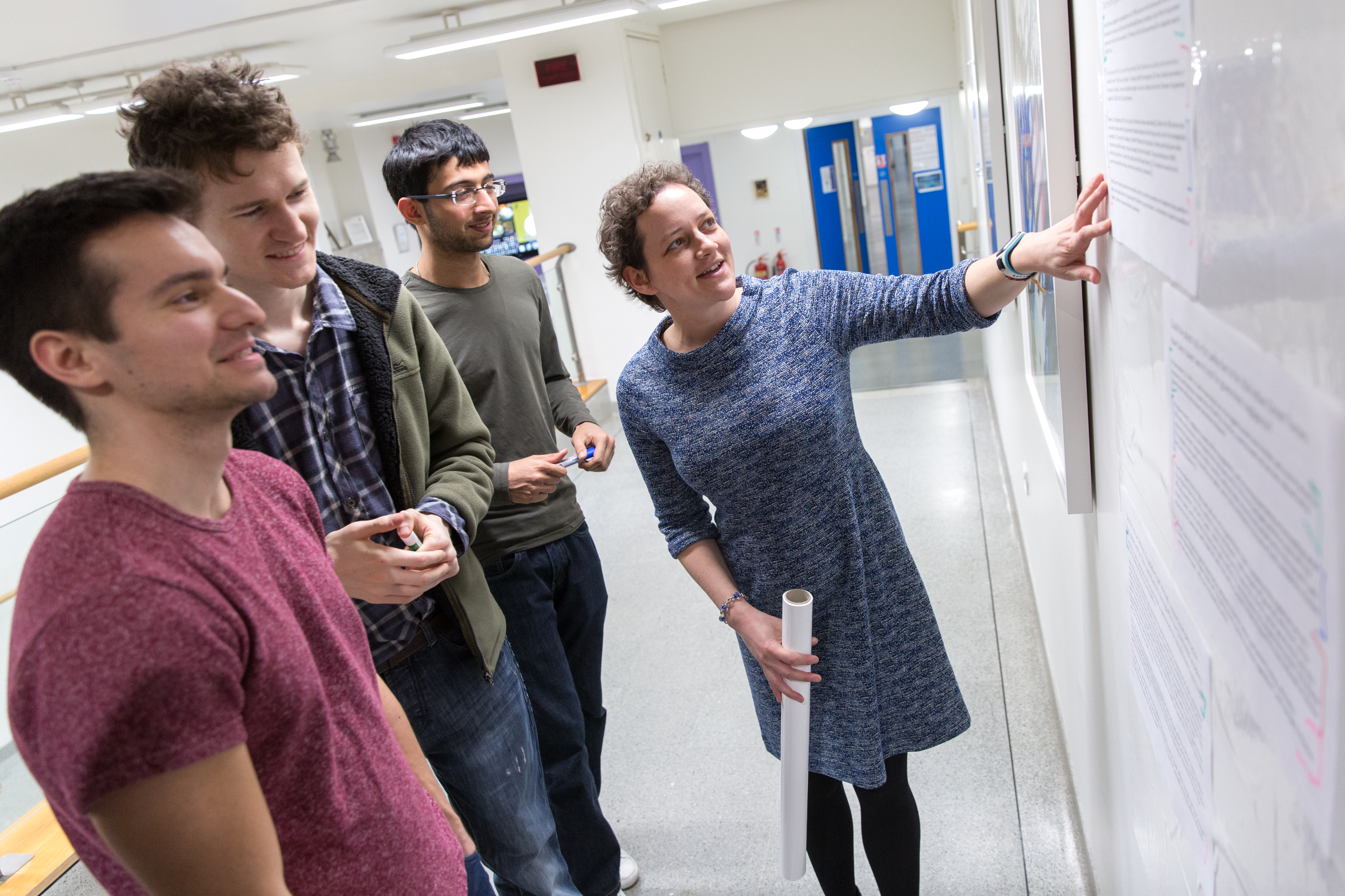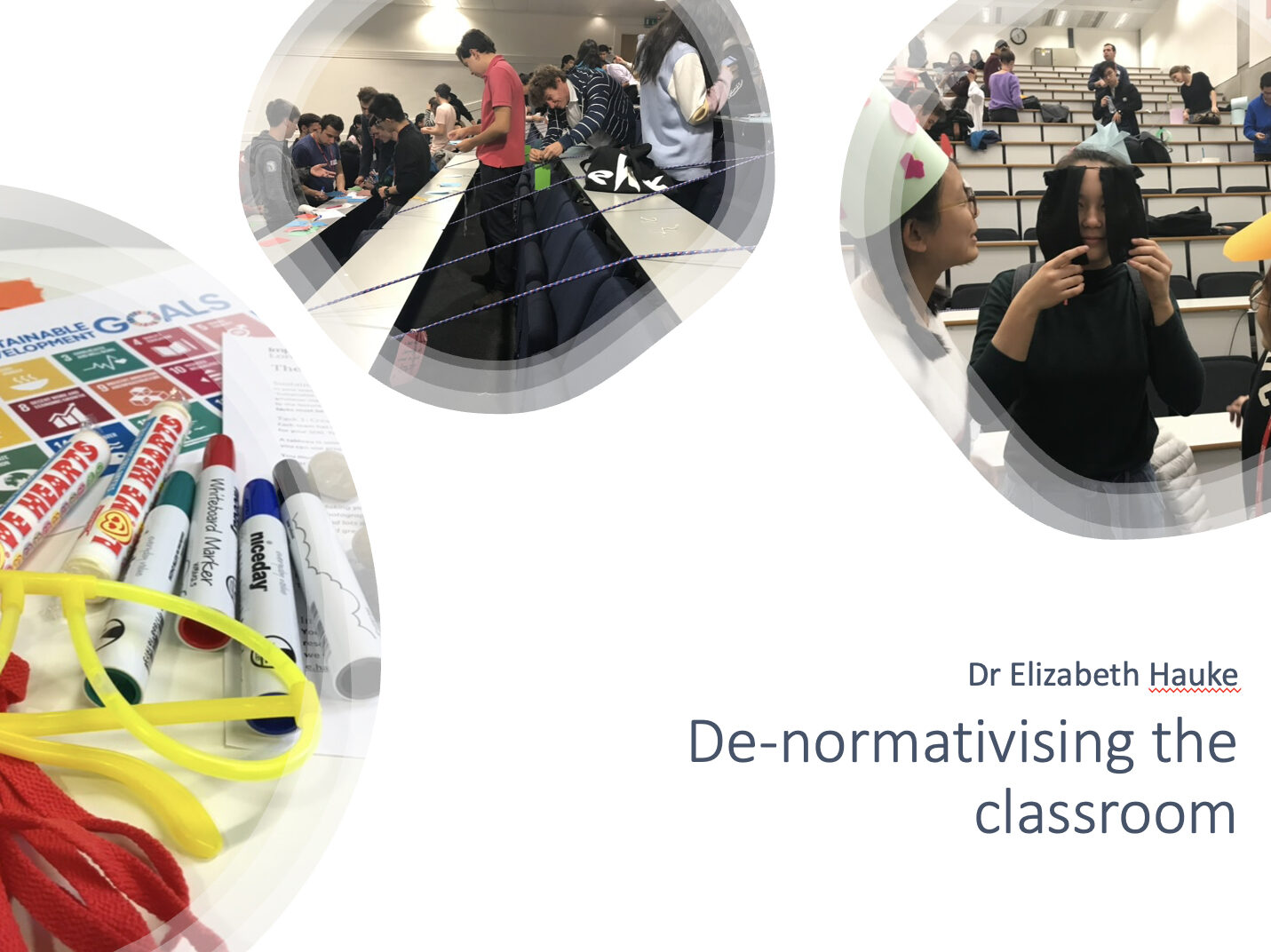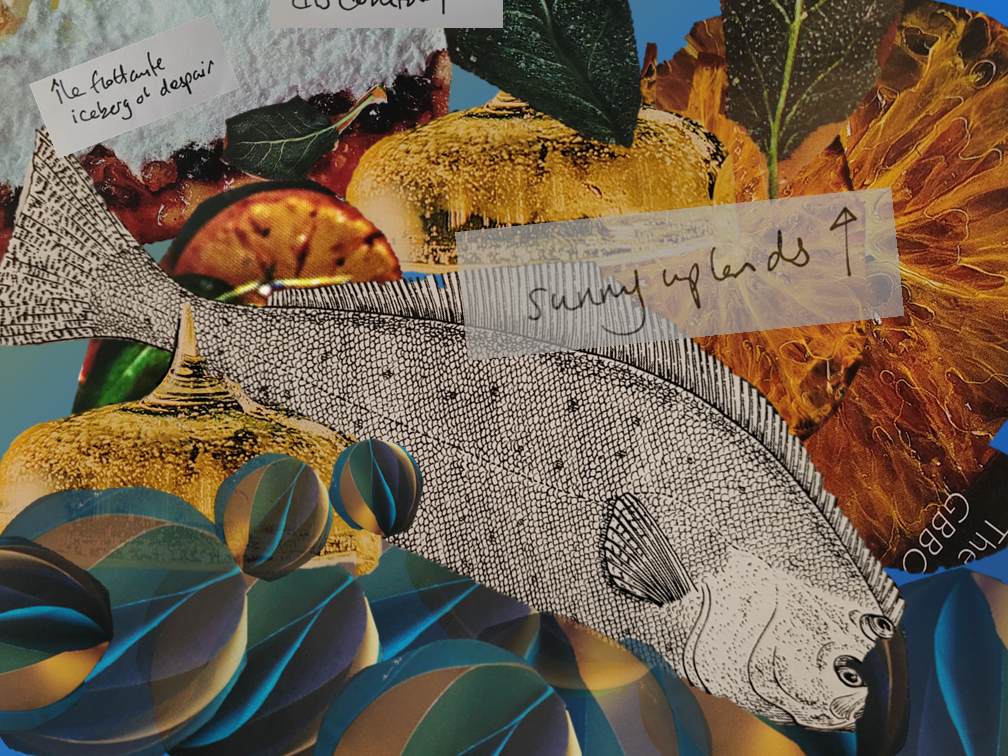Imperial College Change Makers are excited to launch our Design Challenge collaboration with the Interdisciplinary Collaborative Core team at NTU Singapore at 8.30am on Thursday 14th December!

From January to May 2024, we will hold a series of four online workshops with students and staff from NTU Singapore. This will culminate in a design-a-thon, in June, with cash prizes to be won. To kick start the collaboration, and to provide more information to interested undergraduates from NTU and Imperial College, we are holding an introductory online session on Thursday December 14th from 8.30 – 10.30 am.
International Perspectives and Network Building
Students who sign up will meet and work with peers from both Imperial College and NTU Singapore. It is a chance to learn about another country and university, and to explore how health and sustainability issues are approached in different contexts. It is also an opportunity to develop your network with peers from both institutions.

Transdisciplinary Design thinking
We will facilitate students to co-create design solutions on real-life issues in London and Singapore. These real issues demand a transdisciplinary approach and we will provide students with the tools to enable this. The workshops will take students through a design process, generating and developing new ideas for health and sustainability. We aim to leverage the potential of cross-institutional and international collaboration to approach issues from genuinely new perspectives.
Enjoy and win prizes!
We believe that creativity can and should be an enjoyable and collaborative experience. We therefore have planned a series of stimulating and interactive workshops. Ultimately, we will ask participating students to present their final designs for judging and the best designs will be eligible for cash prizes.
Sign Up Here…
The focus is on the broad areas of Health and Sustainability. No prior knowledge is required, and we invite undergraduates from all disciplines to sign up!



